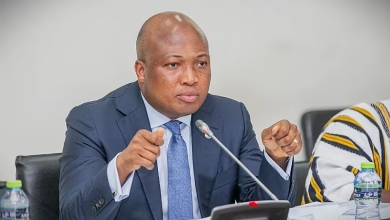On Wednesday, French Prime Minister Michel Barnier announced that he plans to form a new government by next week. This move is expected to end a period of political uncertainty and pave the way for a more stable administration. Barnier’s decision comes as France anticipates significant discussions and potential conflicts over the upcoming 2025 budget.
The formation of the new government is seen as a crucial step in addressing current political instability and preparing for future legislative battles. Barnier’s announcement aims to provide clarity and direction as France navigates the complexities of its financial and political landscape in the lead-up to the budgetary debates.
Barnier’s new government will likely face immediate challenges, including managing public expectations and negotiating key budgetary issues. The formation of the government is anticipated to set the stage for a critical period of policy-making and financial planning as France approaches the 2025 fiscal year.
The decision to form a new government reflects Barnier’s commitment to stabilizing the political environment and ensuring effective governance. As the country prepares for the budgetary discussions, Barnier’s leadership will be closely watched to see how it addresses the anticipated economic and political challenges.
President Emmanuel Macron appointed Michel Barnier, a 73-year-old conservative and former Brexit negotiator, to lead the French government. This decision comes two months after a snap legislative election, where a leftist alliance won the most votes but did not secure an absolute majority. Barnier’s appointment is intended to stabilize the government and address the current political challenges.
Barnier has pledged to uphold several of Macron’s key policies while also strengthening the government’s stance on immigration. His administration will face the critical task of navigating reforms and managing the national budget in a hung parliament. This comes amid mounting pressure from the European Commission and financial markets for France to reduce its deficit and maintain economic stability.
The new government led by Barnier will need to address both domestic and international concerns as it works to implement policies and handle fiscal responsibilities. Barnier’s leadership is expected to play a crucial role in shaping France’s political landscape and economic strategy in the coming years.
